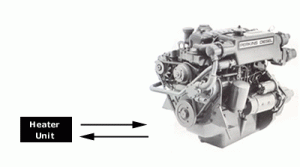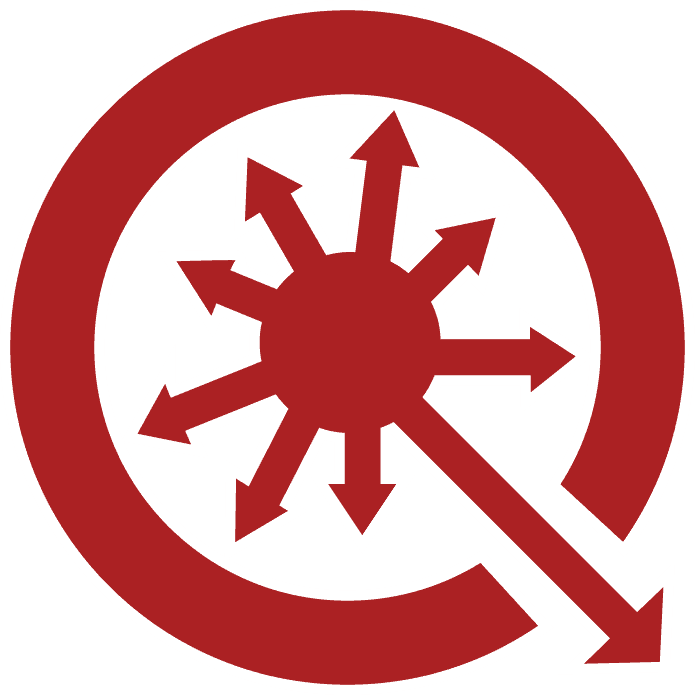Helpful tip on installing a hot water heater
This Foley Tech Tip discusses utilizing heat from engine exhaust. While this energy could be used for many applications such as space heating or seawater distillation, this Tech Tip focuses on powering a hot water heater. It is one of a series of Tech Tips we publish. Your comments are welcome.
 If you have a fresh water-cooled engine you may be able to capture 20% of the heat dissipated to the cooling system at full load. Unfortunately, it is not possible to capture heat from raw water or air-cooled engines by this method. The diagram below shows a Perkins engine with the locations of the flow and return connections.
If you have a fresh water-cooled engine you may be able to capture 20% of the heat dissipated to the cooling system at full load. Unfortunately, it is not possible to capture heat from raw water or air-cooled engines by this method. The diagram below shows a Perkins engine with the locations of the flow and return connections.
Keep the following points in mind when designing and installing a water heater:
- Check your engine manual for maximum permissible water flow rate and minimum and maximum recommended water flow pressure.
- The highest part of the hot water heater should be below the header tank’s coolant level to avoid air locking.
- Piping should be supported to prevent damage from vibrations. If the engine is flexibly mounted then flexible connections should be used.
- Pipes should be as short as possible with as few bends as possible.
- A drain cock should be installed at the lowest point of the system. Shutoff cocks should be installed in the flow and return pipes to isolate the system in the event of a leak.
- The coolant should flow upward through the heater. If the coil in the hot water heater is mounted horizontally extra care should be taken to ensure that all air has been vented.
- Always make sure your coolant level is adequate.
While you are plumbing your new hot water heater it is a good idea to renew your water circulating pump, belt, thermostat and hoses. Foley Engines now has crankshaft and water pump pulleys with extra grooves suitable for a high-output alternator or other upgrades. See Foley Tech Tip # 38 on pulleys, and Tech Tip #’s 52, 42, and 91 on alternators.




